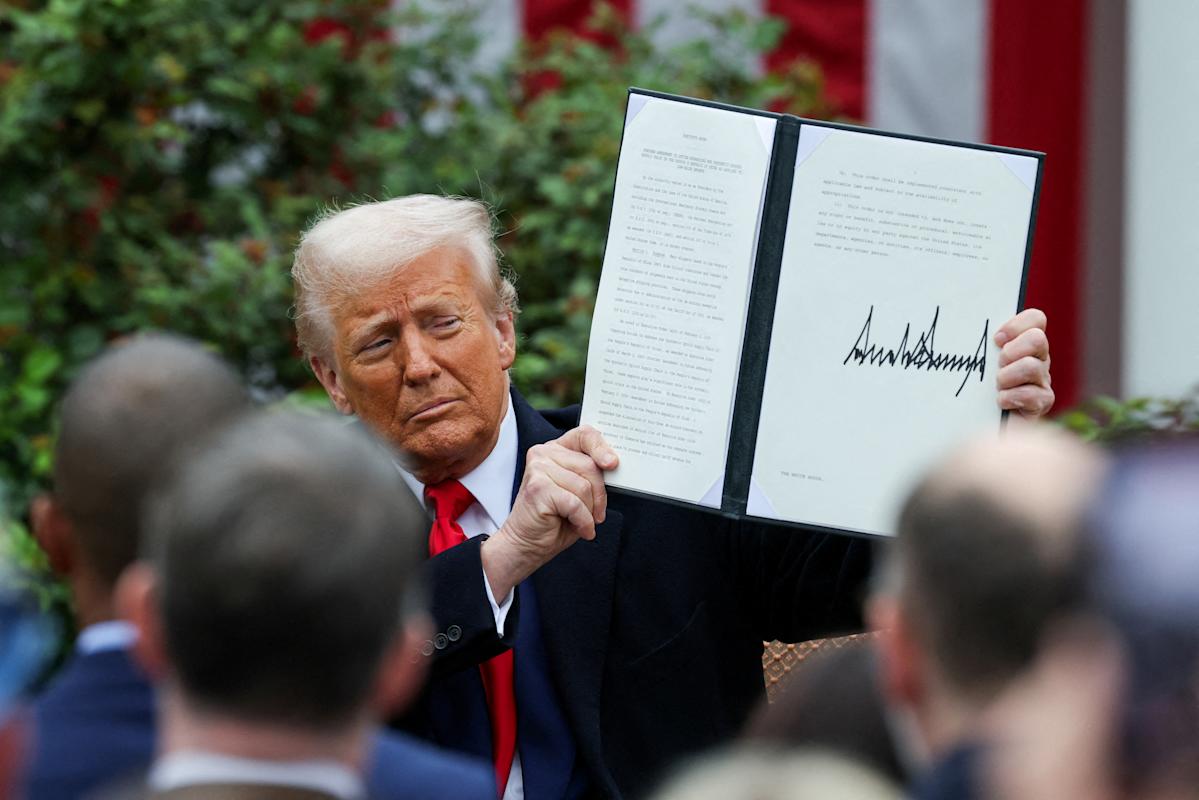Market Meltdown: Trump Doubles Down on Tariff Stance, Investors Brace for Impact

In a defiant stance amid market turbulence, President Trump remained steadfast about his trade policy, asserting that his approach to tariffs and international trade will remain unchanged despite growing economic uncertainty. As stock markets continued to slide in response to escalating trade tensions, the President doubled down on his economic strategy, signaling unwavering commitment to his current trade negotiations and tariff implementation.
The financial markets reflected investor anxiety, with major indices experiencing significant downward pressure following the latest round of tariff announcements. Trump's resolute message suggests he views the market fluctuations as temporary and remains confident in the long-term effectiveness of his economic policies.
By emphasizing that his policies "will never change," the President is sending a clear signal to both domestic and international audiences that he remains committed to his original trade strategy, regardless of short-term market reactions. This unyielding approach underscores his belief in the potential transformative power of his trade negotiations and tariff strategies.
